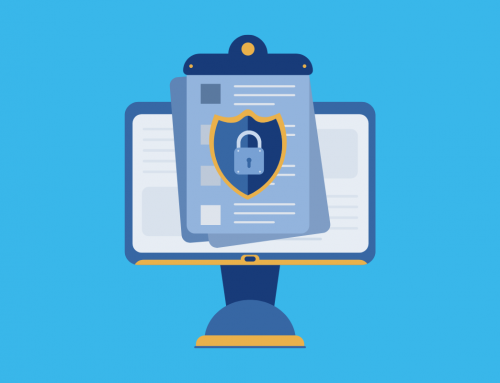Cybersecurity Training is Essential for Law Firms Today. Learn More About the Top Pitfalls to Avoid.
Law firms today must stay vigilant against cyber security threats. The story of one Florida law firm highlights the importance of proper email management and avoiding cyber security pitfalls in automation.
The firm had set up their email system to automatically delete emails flagged as spam without any human review. This setup led to a critical failure when a default judgment was sent via email. Because the email was mistakenly flagged as spam, the attorneys never received it and missed the deadline to appeal, resulting in severe consequences for their client and the firm’s reputation.
This incident underscores the importance of not relying solely on automated systems without adequate human oversight. In the legal profession, missing critical communications can have disastrous consequences, so law firms must balance the convenience of automation with the necessity of thorough review.
How to Avoid Similar Failures
To prevent similar mistakes, law firms should consider all processes carefully and consult with technology experts like Inderly who can identify potential gaps in their systems. Here are some practical steps to avoid such pitfalls.
Thorough Process Review
Regularly review all automated processes within the firm. Understand how each system works and identify potential weak points. For instance, ensure that any system set to delete or filter emails has a secondary review process, either by another automated system with higher accuracy or by a human.
Consult Technology Experts
Leverage the expertise of technology consultants. At Inderly, we can provide valuable insights into the latest cyber security threats and recommend best practices for protecting sensitive information. We can also help identify vulnerabilities that might not be immediately apparent to those without a tech background.
Contingency Planning
Develop a comprehensive contingency plan to handle potential mishaps. This plan should include steps for immediate damage control and long-term strategies for preventing similar issues in the future. Ensure that all staff members are familiar with the contingency plan and know their roles in implementing it.
Regular Training
Invest in regular training for all employees. Cyber threats evolve quickly, and ongoing education is essential to keep everyone informed about the latest risks and how to counter them. Training should cover email security, recognizing phishing attempts, and proper data handling procedures.
Multi-Layered Security
Implement multi-layered security measures. This approach involves using multiple security protocols to protect data, including firewalls, encryption, and multi-factor authentication. Each layer adds an additional barrier against cyber threats, reducing the likelihood of a successful attack.
Human Oversight
Ensure that automated systems are complemented by human oversight. Automated filters can significantly reduce the volume of spam and malicious emails, but they are not infallible. Having a human review emails flagged as spam can catch important communications that might otherwise be missed.
The Role of Technology Consultants
Technology consultants play a key role in helping law firms address cyber security needs. They bring specialized knowledge and can offer tailored solutions to strengthen a firm’s security positions. By listening to these experts, law firms can implement robust defenses against cyber threats and ensure their operations remain secure.
Consultants like Inderly can assist in setting up secure email systems, designing effective backup solutions, and implementing secure communication channels. We can also conduct regular security audits to identify vulnerabilities and recommend improvements. Our expertise helps law firms stay ahead of potential threats and maintain the integrity of their client communications.
Developing a Contingency Plan
A well-developed contingency plan is essential for any law firm. This plan should outline specific steps to take in the event of a cyber security incident, ensuring a quick and effective response. Key components of a contingency plan include:
- Immediate Response Procedures: Define the actions to be taken immediately after discovering a cyber security incident. This might involve isolating affected systems, notifying relevant parties, and starting an internal investigation.
- Communication Protocols: Establish clear communication channels for reporting incidents. Ensure that all employees know whom to contact and what information to provide.
- Data Recovery: Develop procedures for data recovery to minimize downtime and data loss. Regularly back up critical data and test the recovery process to ensure it works as intended.
- Ongoing Evaluation: Continuously evaluate and update the contingency plan to address new threats and vulnerabilities. Regular drills and simulations can help identify weaknesses and improve the plan’s effectiveness.
Conclusion
The case of the Florida law firm serves as a cautionary tale for legal professionals in Canada and beyond. In an era where cyber threats are ever-present, taking proactive steps to enhance cyber security is not just advisable but essential for the success and reputation of any law firm. Protect your firm from potential disasters by staying informed, prepared, and vigilant.










